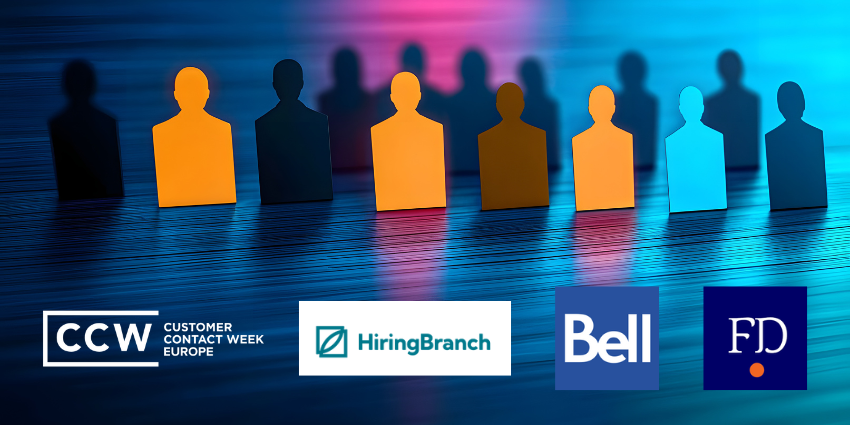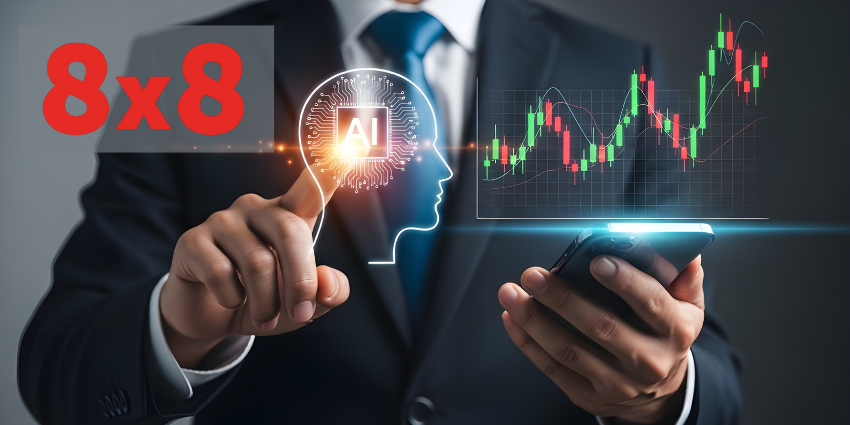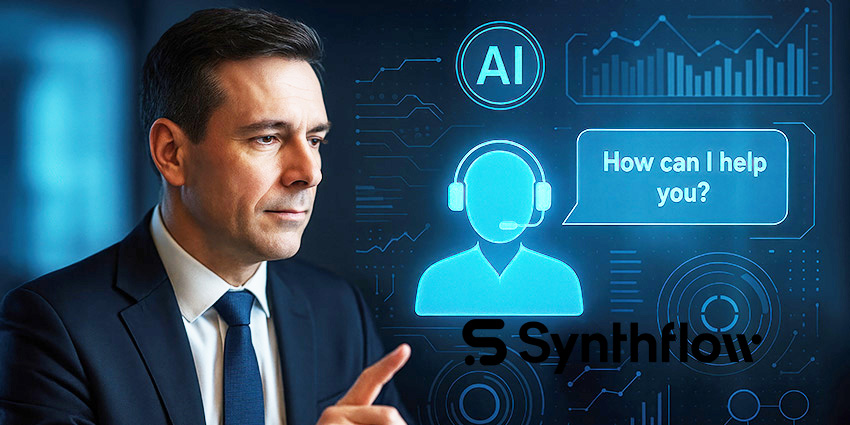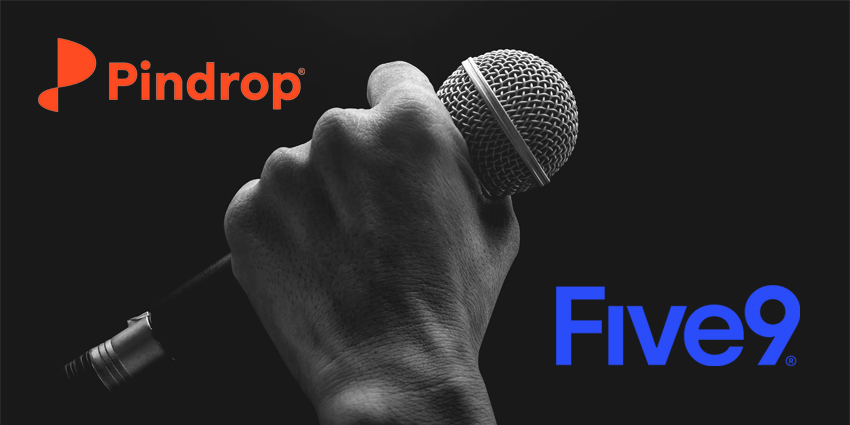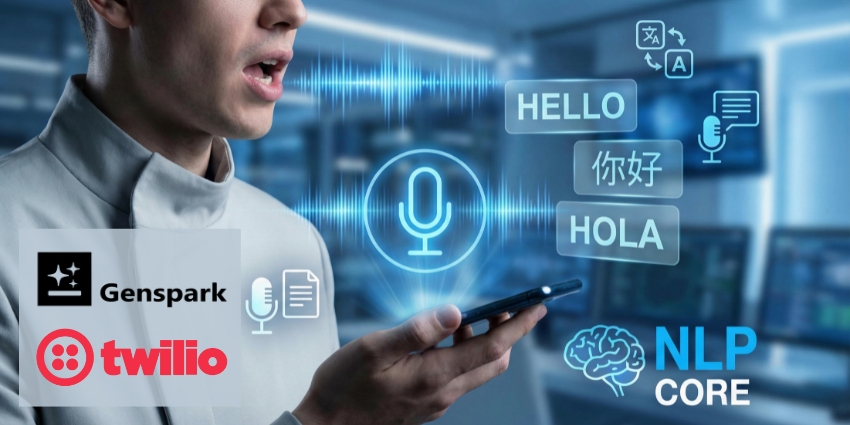AI agents are indisputably the hottest topic in the CX tech space today.
The autonomous capabilities of agentic AI are tailor-made for an industry that has been trying to embrace more cost-effective, efficient, and human-like artificial methods to communicate with customers for decades.
While there is no telling what the next CX tech craze might be, right now, agentic AI is transforming customer experience strategies across industries.
In an exclusive interview with CX Today, Brian Higgins, the Chief Customer Experience Officer at Verizon, described the tech as a strategic lever reshaping how the company serves its customers.
With over two decades of experience across various roles at Verizon, Higgins was recently placed in charge of the telco’s new dedicated customer experience organization.
His mission? Embed a customer-first mindset into every layer of the business.
Given the scope of his directive, Higgins looked to harness the power of AI to ensure that his customer-centric ethos “permeates through every team and every channel of the business.
“We work arm in arm with sales, strategy, product, network, marketing, marketing legal, etc., to make sure we are making every interaction with our customer a great one.
CX shouldn’t be 20-30 people sitting together making recommendations, and we certainly don’t operate that way at Verizon.
“Our philosophy is you need shared responsibility for the customer across every channel.”
Higgins’ strategy of empowering every team to own the customer experience has been integral to how the company has gone about deploying and implementing AI.
When it comes to agentic AI specifically, the Verizon man sees it as “the next logical step along the AI path.”
Higgins explains how improvements in AI – particularly the ability of generative AI (GenAI) to deliver better, more relevant resolution suggestions – will inevitably lead to some level of autonomy.
These AI agents won’t replace human teams, but they will complement them – especially for straightforward tasks where speed and efficiency are paramount, as Higgins explains:
“There will always be employees available, but I envision some situations where it might make sense to have AI solve an issue quickly, right at the initial point of contact.”
Hyper-Personalization at Scale
In discussing where AI agents can be most beneficial to organizations, Higgins points to their capacity to help deliver personalized experiences far beyond the level of traditional customer service calls.
The agents are able to autonomously analyze granular data points, which allows Verizon to tailor everything – from device upgrades to loyalty perks.
“Beyond the issue a customer is contacting us about, we’ll know who in the family is eligible for a phone upgrade, and what perks they might be missing,” Higgins explains.
AI can help us pinpoint some of our signature experiences and exclusive access passes to entertainment that our customers have earned with their loyalty.
The Chief CX Officer also provided details about specific Verizon tools that are leveraging agentic AI, such as the company’s Personal Shopper.
The solution uses customer insights to recommend products and services tailored to individual needs – helping resolve issues faster and improving satisfaction along the way.
This innovation typifies Verizon’s proactive approach, as Higgins explains:
“From the outset, our strategy has always been to go beyond fixing the pain point and enhance the overall experience with proactive, next-level service.”
“We see this as our competitive advantage.”
This shift from reactive support to a predictive, insight-driven engagement model highlights the impact of AI agents on the CX sector.
Reducing Cognitive Load, Enhancing Human Connection
Away from AI agents, Verizon is also using GenAI to support frontline teams and enable more meaningful human interactions.
As Higgins explains, it’s about relieving the cognitive burden on employees so they can be more present with customers.
He details how AI can assist with an incoming customer call by analyzing the caller’s history and product information, and then providing employees with immediate insights that enable them to anticipate customer needs.
That predictive capability translates into saved time and smoother interactions.
“The employee has the context and purchase history, so they have to spend less time asking the customer what they need,” Higgins adds.
“AI’s ability to analyze millions of these interactions in seconds allows us to predict why a customer is calling, or what problems they might be experiencing before the conversation with an employee even begins.”
Specialized Language Models: A Smarter, Lighter AI Future
Another frontier Verizon is investing in is Specialized Language Models (SLMs), which offer a more focused and efficient alternative to Large Language Models (LLMs).
Higgins outlines how SLMs don’t require the “massive processing power and electricity” that LLMs do. They are also less vulnerable to incorrect information and hallucinations.
“In other words, SLMs can be more efficient and trustworthy,” Higgins says.
That efficiency could prove vital as CX teams look to scale AI without compromising on quality or accuracy.
Advice to CX Leaders: Focus on What Works
When it comes to how other organizations and CX leaders can get the most out of their AI offerings, Higgins’ advice is to “avoid chasing the next big thing” and instead double down on the AI foundations that have already been laid:
Remember, launching AI solutions is just the start. To be successful it requires continuous investment and refinement of the tools that work best.
While the Verizon man does admit that “CX is hard,” he also encourages others to try to simplify things and not lose track of the main objective: solving problems while providing an exceptional customer experience.
When combined with a clear strategy, the right tech adoption, and a strong focus on customer-centricity, Higgins shows how leveraging AI can be a win-win for customers and organizations alike.


